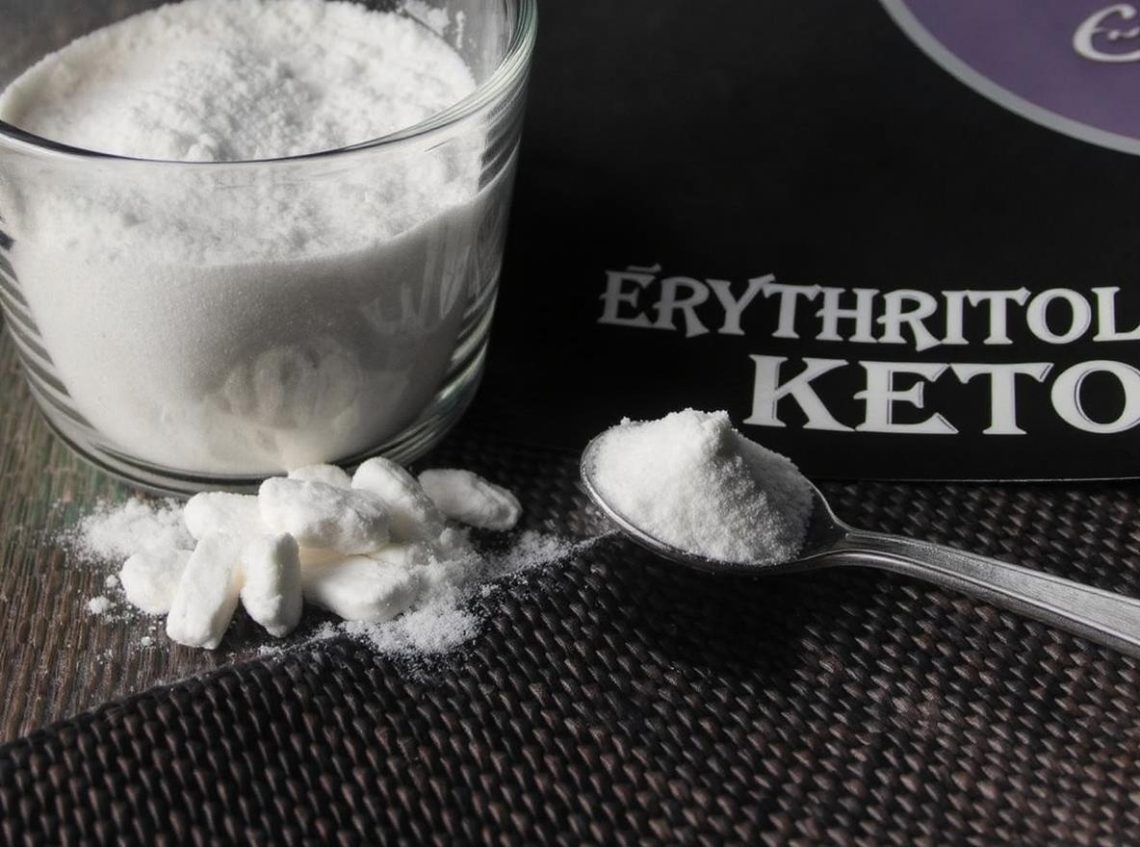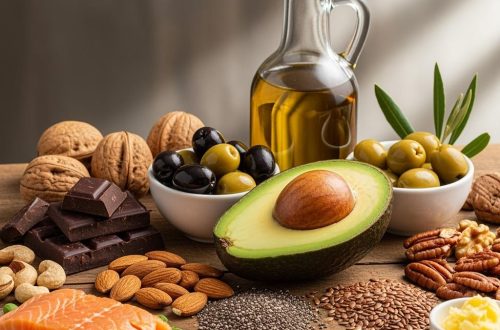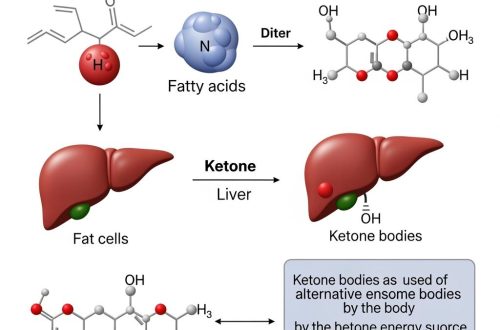A Complete Guide to This Popular Sweetener
If you’re following a ketogenic diet, you’ve probably found yourself standing in the baking aisle, staring at various sugar substitutes and wondering which ones won’t kick you out of ketosis. Erythritol has become increasingly popular among keto dieters, but is it truly keto-friendly? Let’s dive deep into everything you need to know about this sweetener.
What Exactly Is Erythritol?
Erythritol is a sugar alcohol that occurs naturally in small amounts in certain fruits like grapes, melons, and pears. It’s also found in fermented foods like wine and cheese. Commercial erythritol is typically made by fermenting glucose from corn or wheat starch with yeast.
Unlike artificial sweeteners such as aspartame or sucralose, erythritol is a naturally derived compound. It looks and tastes remarkably similar to sugar, with about 70% of the sweetness, making it an attractive option for those looking to reduce their sugar intake without sacrificing taste.
The Keto-Friendly Facts About Erythritol
The short answer is yes, erythritol is indeed keto-friendly, and here’s why it stands out among sweeteners for those following a ketogenic lifestyle.
Erythritol contains 0.24 calories per gram, compared to sugar’s 4 calories per gram. More importantly for keto dieters, it has virtually zero net carbs. While erythritol is technically a carbohydrate, your body doesn’t metabolize it the same way it processes regular sugar or other carbs.
About 90% of erythritol is absorbed in the small intestine and then excreted unchanged in urine. The remaining 10% travels to the colon, where it’s fermented by bacteria. This unique metabolic pathway means erythritol doesn’t raise blood sugar or insulin levels, making it an excellent choice for maintaining ketosis.
How Erythritol Affects Ketosis
One of the primary concerns for keto dieters is whether a sweetener will spike insulin and knock them out of ketosis. Studies have consistently shown that erythritol has a glycemic index of zero, meaning it doesn’t raise blood glucose levels at all.
Research published in the European Journal of Clinical Nutrition found that erythritol consumption didn’t affect blood glucose or insulin levels in healthy subjects. This is crucial for keto dieters, as maintaining stable insulin levels is key to staying in ketosis and continuing to burn fat for fuel.
Unlike some other sugar alcohols like maltitol or sorbitol, which can partially convert to glucose in your body, erythritol passes through your system largely intact. This makes it one of the safest sweetener choices for maintaining ketosis.
Comparing Erythritol to Other Keto Sweeteners
When evaluating sweeteners for keto, it’s helpful to understand how erythritol stacks up against other popular options.
Stevia is another zero-calorie, zero-carb sweetener that’s keto-friendly. However, many people find stevia has a bitter aftertaste, especially in larger amounts. Erythritol has a cleaner, more sugar-like taste without the aftertaste, though some people report a slight cooling sensation.
Monk fruit sweetener is also keto-approved and has zero calories and carbs. It’s often more expensive than erythritol and can be harder to find. Many commercial monk fruit sweeteners actually contain erythritol as a bulking agent.
Xylitol, another sugar alcohol, contains more calories (2.4 per gram) and can impact blood sugar levels slightly. It’s also toxic to dogs, which isn’t a concern with erythritol. Allulose is a newer keto-friendly sweetener that behaves similarly to erythritol but is less widely available and more expensive.
Potential Side Effects and Considerations
While erythritol is generally well-tolerated, it’s important to be aware of potential side effects. The most common issue is digestive discomfort when consumed in large amounts. Some people experience bloating, gas, or diarrhea, though erythritol tends to cause fewer digestive issues than other sugar alcohols.
The threshold for digestive issues varies by person, but most people can tolerate up to 1 gram of erythritol per kilogram of body weight without problems. For a 150-pound person, that’s about 68 grams of erythritol – far more than you’d typically use in a day.
Some individuals report headaches when first introducing erythritol, though this often resolves as your body adjusts. Starting with small amounts and gradually increasing can help minimize any adverse effects.

Practical Tips for Using Erythritol on Keto
Erythritol works wonderfully in most keto recipes, but there are some tips to get the best results. In baking, erythritol doesn’t caramelize or brown like sugar, so your baked goods might look slightly different. It also doesn’t provide the same moisture or binding properties as sugar, so recipes may need slight adjustments.
For beverages, erythritol dissolves well in hot liquids but can recrystallize in cold drinks. Many keto dieters prefer powdered erythritol for smoothies and cold beverages to avoid any grittiness.
When substituting erythritol for sugar in recipes, you’ll typically need to use about 1⅓ cups of erythritol for every cup of sugar called for, due to its lower sweetness level. Many people combine erythritol with small amounts of stevia or monk fruit to achieve the exact sweetness of sugar without using more volume.
Making the Right Choice for Your Keto Journey
Erythritol is indeed keto-friendly and represents one of the best sweetener options for those following a ketogenic diet. With zero net carbs, minimal calories, and no impact on blood sugar or insulin levels, it allows you to enjoy sweet treats while maintaining ketosis.
As with any dietary change, it’s wise to introduce erythritol gradually and pay attention to how your body responds. While most people tolerate it well, everyone’s digestive system is different. Start with small amounts in your morning coffee or keto desserts and adjust based on your individual tolerance.
Remember that while erythritol is keto-friendly, the overall success of your ketogenic diet depends on maintaining proper macronutrient ratios and choosing whole, nutrient-dense foods as the foundation of your meals. Sweeteners like erythritol are tools that can make the keto lifestyle more sustainable and enjoyable, helping you stick to your health goals without feeling deprived.
Whether you’re baking keto cookies, sweetening your coffee, or making sugar-free desserts, erythritol can be a valuable addition to your keto pantry. Just remember to read labels carefully, as some commercial erythritol blends contain other ingredients that might not be keto-friendly.





